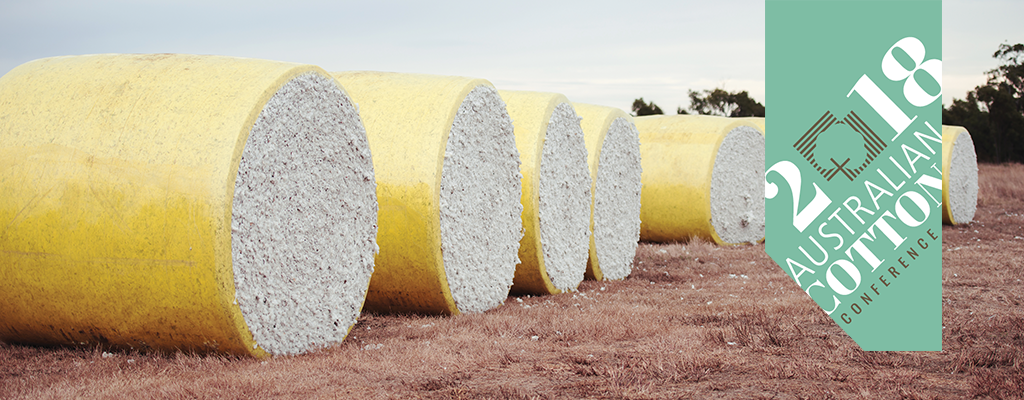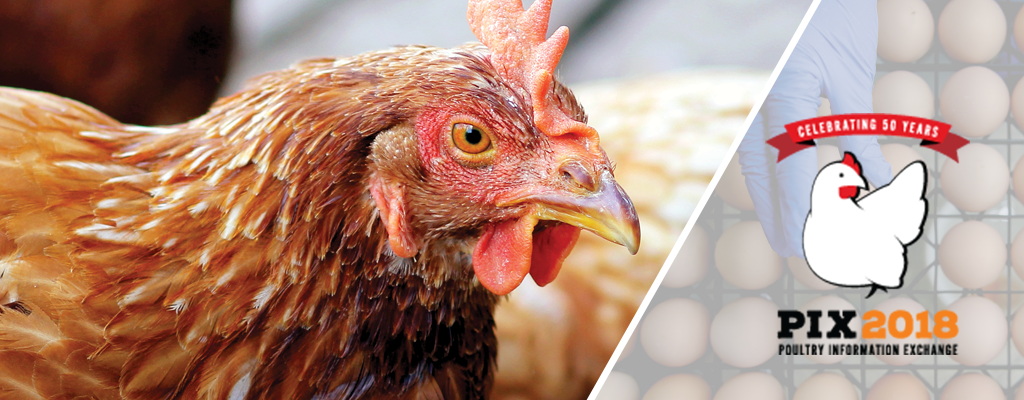This year National Agriculture Day (Ag Day) is celebrating the ‘good’ Australian farmers do each year with their #GrowForGood campaign.
Our country enjoys some of the world’s best produce – with our farmers working tirelessly to provide us with the finest cotton and wool and readily available food that is safe and nutritious.
Australian farmers are among the most self-sufficient in the world – they don’t just grow crops or raise animals – farmers improve the sustainability of the land, donate to food relief charities and feed more people every year.
The agriculture industry provides short and long term employment opportunities for Australians and our international neighbours, while also significantly boosting the economy and populations of rural and regional areas.
In acknowledgement of Ag Day on 21 November and our significant role in agriculture recruitment across the country, Agri Labour Australia is hosting the ‘Ag-Limpics’. This one off special event will see the Agri Labour Australia team displaying their athletic skills in a range of events that showcase the produce and industries of some of our clients! The team will be participating in:
- Egg and spoon race
- Mushroom dexterity challenge
- Potato sack race
- Pin the tail on the pig
- Guess how many blueberries in the jar!
We’ll also be hosting a BBQ in honour of our beef farmers #GrowForGood
Click here for more information on National Agriculture Day!
